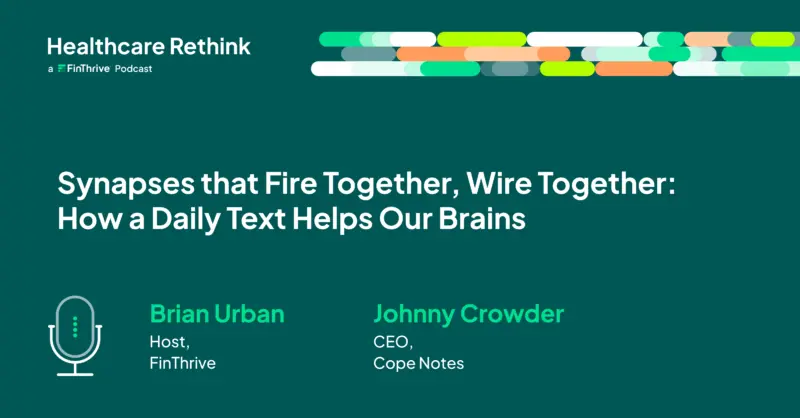How the Special Olympics is Helping Eliminate Early Educational Bias
A pediatrician by trade and Chief Medical Officer for the Special Olympics International, Dr. Alicia Bazzano, witnesses firsthand biased thinking around the population of individuals with disabilities. She says it’s time our mindsets and societal narratives around people with intellectual disabilities change.
In this episode of DisruptED, she discusses how the Special Olympics is helping improve healthcare for people with disabilities and education for all. Dr. Bazzano urges that there needs to be a fundamental shift and change in mindset. Biases and preconceived notions prevent this population of capable individuals from getting equivalent healthcare, education, extracurricular inclusion, and much more.
“Most healthcare professionals believe that people with intellectual disabilities have a lower quality of life than people without intellectual disabilities before even meeting them,” Dr. Bazzano said.
With this mindset, “You have a difference in expectations and a difference in what you’re actually going to do for them as a patient.”
Special Olympics helps people recognize this population as capable individuals, whole people. The programs, training, and exposure help remove the biases that create outdated expectations. One way the Special Olympics helps is by providing early childhood healthcare.
“In Special Olympics, we really, really want to be the health partners for people with intellectual disabilities from the time they get the diagnosis,” Dr. Bazzano said.
The program supports developmental milestones for the children and a support group for the parents. Everyone becomes more confident, and the parents are significantly more likely to advocate for other care for their child after witnessing their child’s capabilities.
- Special Olympics helps parents of children with intellectual disabilities understand that the news isn’t bad; it just means they have a different path.
- Early healthcare is one way that Special Olympics supports children with intellectual disabilities.
- Society needs to shift its expectations when it comes to people with intellectual disabilities.







